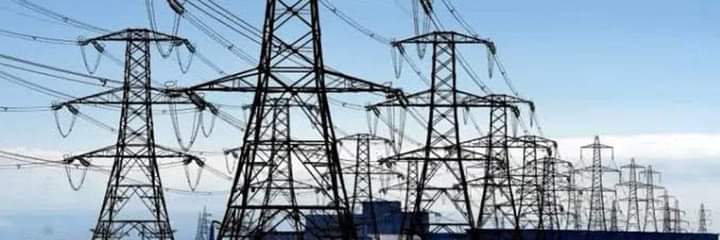LAGOS, Nigeria’s bustling commercial capital, has announced a tender for the construction of gas-fired power plants with a total capacity of up to 4,000 megawatts (MW). This ambitious move aims to tackle the city’s persistent electricity shortfalls, which have plagued both households and businesses for years.
With around 20 million residents, Lagos requires at least 6,000 MW of power but currently receives no more than 2,000 MW from Nigeria’s national grid. To bridge this gap, the state has identified four hubs where the new power plants will be established as part of its Clean Lagos Electricity Market initiative. Each of these hubs will aim for a minimum capacity of 500 MW, and companies selected for the project will be responsible for arranging their own financing based on a power purchase agreement with the state.
A representative from Lagos’ Ministry of Energy and Mineral Resources said, ‘Each hub will generate a minimum of 500 MW, and we welcome multiple power firms to participate in generating this capacity.’
The new push for power comes after recent legal changes that empower Nigerian states to generate and distribute their own electricity, ending the federal monopoly. Previously, only the national government could manage the electricity sector, which limited independent investment. However, new policies are gradually easing electricity tariffs and removing subsidies, which officials hope will attract more private investors to Lagos and beyond.
Lagos’ Clean Electricity Market plan addresses the broader issue of energy access in Nigeria, where 40 percent of the population lacks electricity, according to the World Bank. The country has the infrastructure to generate around 13,000 MW of electricity, but outdated and unreliable distribution limits the effective supply to just a third of that capacity. This shortfall has left many Nigerians reliant on costly generators, a challenge Lagos hopes to mitigate through this new initiative.
As Nigeria’s largest commercial hub and Africa’s most populous city, Lagos is keen to secure a stable power supply that will make the city more attractive to investors and ease burdens on local businesses. The latest round of bidding signals the city’s determination to resolve its chronic power issues and help propel Nigeria’s economic growth



























































